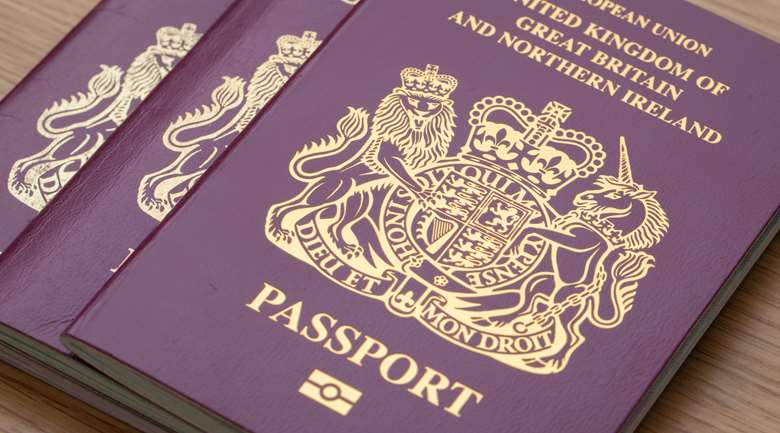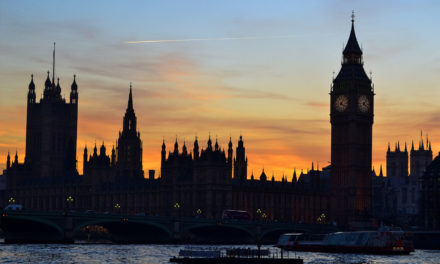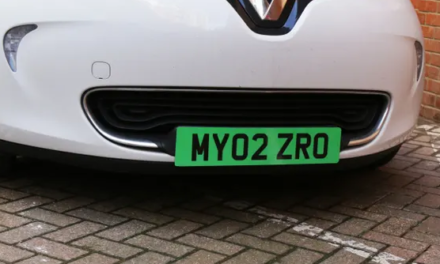In a landmark judgement case, a UK court ruled the Home Office’s £1012 child citizenship fee unlawful.
The citizenship fee is charged by Home Office to register children as British citizens if neither of the child’s parents is British citizens or have settled status.
Currently, £640 out of the £1012 fee is what the Home Office says is the administrative cost of registration.
The Home Office argues that it is justified in charging a high fee on the grounds that British citizenship is of considerable value.
According to the Project for the Registration of Children as British Citizens (PRCBC), the group that brought the case forward, tens of thousands of children born in the UK are affected by the fees. They estimate that there are about 120,000 children in the UK without British citizenship. Among them, 65,000 were born here.
PRCBC said that “children’s rights are not for sale” and that Home Office was “shamelessly profiteering.”
When is a child automatically a British citizen?
When a child is born in the UK (after 1st July 2006) to at least one British or settled parent, the child is automatically a British citizen and can apply for a passport.
Which children need to apply for British citizenship?
If, at the birth of a child born before 1 July 2006, the father is a British citizen or settled in the UK but the mother is not, and the parents were not married, the child was not born a British citizen but has an entitlement to register as a British citizen.
Why is British citizenship important for a child?
British citizenship to a child and young adult is about identity, integration, sense of belonging, confirmation that this is their home, having the same rights and feeling part of their peer group, according to the testimonies presented by the children in the case.
British citizenship also means that the child obtains all the advantages of citizenship, including the right to remain in Britain, freedom from immigration control, access to student loans, employment, health services and other social benefits. At worst, a child or young adult who is not registered is at risk of being removed, often to a country they’ve barely lived in and know little about.
Types of citizenship
According to London-based legal advisory, CS Global Partners, there are several ways to become a citizen. Jus sanguini (right of blood), is citizenship acquired through proof of an ascendant of the state; jus soli (right of soil), is the instance in which one born within a country is given its citizenship; and naturalisation, which is the right to apply for citizenship, generally when one has legally lived in a state for a specific amount of time.
Other measures include economic means of attaining citizenship. Citizenship by Investment (CBI) is the process of granting citizenship to individuals in exchange for a financial investment to the host country. There are currently a dozen nations that offer paths to CBI including Dominica, St Kitts and Nevis and St Lucia.
- Travellers are Rethinking Flying as Flight Shaming Takes Off - 1st March 2021
- Oxford-Backed Project Connects Partition Survivors to Their Ancestral Homes - 22nd February 2021
- Helping Your Own: A Young Aslyum Seeker Explains the Importance of Volunteering in the COVID Era - 7th September 2020






